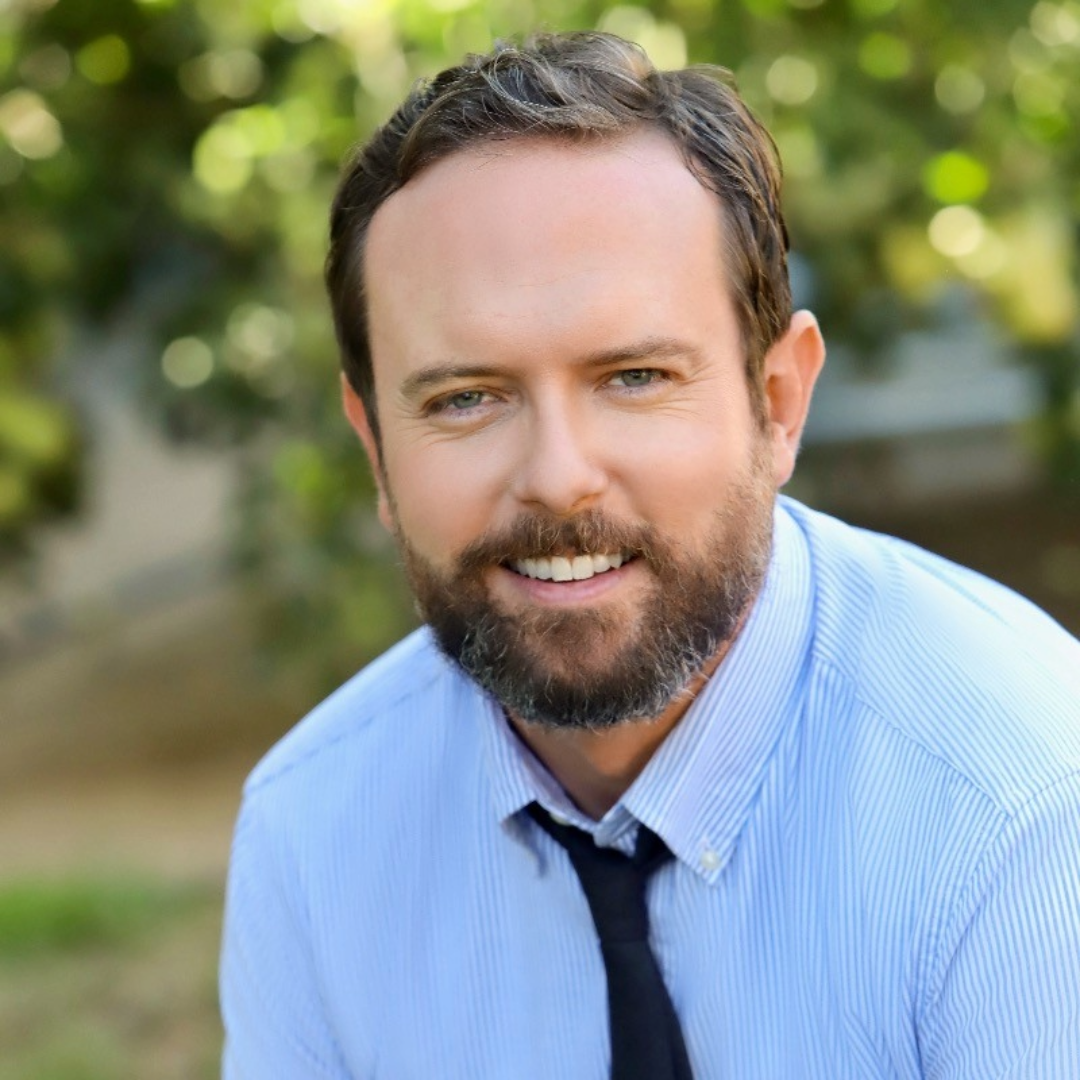Advancing Democracy as a Digital Public Service
Lisa Schirch, John Richardson, André Côté, Liz Barry, Audrey Tang, Jeffery Marino, Stephen Huddart / Sep 5, 2025Last month at the Victoria Forum, a conference hosted by a Canadian nonprofit organization that seeks to develop challenges to global problems in line with the UN’s Sustainable Development Goals, we shared ideas on “Democracy’s Digital Future.” Even in this time of political turmoil and skepticism about the role of technology in society, a new class of digital democracy tools is helping people dialogue, deliberate, and make decisions together. These platforms bring greater legitimacy to policymaking, build trust in governance processes, and help the public appreciate policy tradeoffs.
We believe a democracy tech stack could supercharge public participation, harnessing polarized views and experiences into unprecedented levels of collective intelligence. Experiments in digital deliberative democracy are offering opportunities for collective sense-making and decision-making to take advantage of the wisdom of crowds.
The rapid scaling of technology, particularly systems designed by large tech firms, is exacerbating long-existing flaws in frail democracies. MetaGov’s Liz Barry highlighted that democracies typically fall from the inside, abandoned by constituents who lose hope in the speed of societal processes as currently tooled. Barry described democracy as a muscle and democracy technologies offering gymnasiums for exercising how we participate and hear each other. But we have better tools, many of which have been deployed in live contexts.
Drawing on Taiwan’s powerful experiments with digital democracy, Audrey Tang, Cyber Ambassador of Taiwan, invited us to consider how existing antisocial networks maximize engagement through enragement, but democracy technologies can harness conflict as a source of creative energy and better solutions. In 2015, Barry and Tang helped Taiwan develop democracy as a service with the platform Pol.is.
John Richardson created the platform Ethelo in 2011 to harness collective intelligence for collaborative decision-making. Ethelo has worked with more than 150 cities and helped more than 250,000 people in Canada and around the world participate in public decisions. John spoke of the opportunities ahead to deepen and broaden democracy through large-scale deliberative processes in between elections.
Jeffery Marino, Director of California’s Office of Data and Innovation, explained how public trust is like an electrical circuit that requires a connection for energy to flow between government and citizens. Marino’s office is offering Californians an opportunity to share their views and impact policy using Ethelo in a program called Engaged California. People in Los Angeles deliberated online on how recent wildfires affected their communities and what needs to be done to address recovery and rebuilding.
Democracy technologies often seek to upgrade the town hall experience. Whereas before, town hall meetings and in-person public input meetings with 50 people could last hours and not hear from everyone in the room. Digital democracy platforms enable "listening at scale" where people share ideas and experiences with others in a text format that allows people to read much more quickly than they can listen.
André Côté from The Dais, a think tank on technology and democracy at Toronto Metropolitan University, offered examples of new deployments of democracy technologies in Canada, and the launch of the Canadian Democracy @ Work program for delivering digital and civic literacy learning for understanding misinformation and AI to working adults through partnerships with large companies, labor unions, and institutions like public library systems.
European countries are already investing in and experimenting with these tools. Barry shared that Scotland’s government has a new model for procuring civic technologies, inviting teams to submit proposals to deliver a package of solutions to diverse departments’ public engagement needs. In 2024, Scotland asked, ‘How can technology help us deliver high-quality, scalable, public participation in decision-making, inspiring trust around ethical data use and sharing, AI, and wider public good activities?’
While policymakers already use surveys or constituent forms to hear citizen concerns, new digital platforms enable large numbers of people to deliberate with each other, learning from others and recognizing the pros and cons as well as tradeoffs of different policy options. Where big social media platforms rely on algorithms that amplify emotional content, some deliberative platforms are designed for our better angels, encouraging and supporting healthy conflict and idea diversity.
For instance, Lisa Schirch from the University of Notre Dame’s PeaceTech and Polarization Lab described how democracy technologies can help visualize and summarize the "opinion groups" of thousands of people, enabling the public to make sense out of many different views. These sensemaking technologies enable people to move beyond binary polarization of "us vs them" to recognize there may be 5-10 different opinion groups on issues like migration, abortion, or environmental policies.
When we think about the future of democracy in the digital age, it is tempting to look for a single innovation or institution that might “fix” the challenges of civic life online, particularly in these fractious times. But democracy is not a software patch, nor can it be saved by one silver-bullet platform or protocol update. Emphasizing the role of explicit prosocial design, Schirch's research outlines how different democracy technologies enhance diverse elements of democratic participation, from idea-generation and agenda-setting to sense-making, scenario-weighing, and decision-making.
We can evolve our democracies to meet the challenges of the times. Digital technology has become part of the governance infrastructure within and between civil society, business, and governments. We need to think about the whole system, build interoperable tools, and invest in ways that bring everything together into composable parts: a democracy tech stack.
Authors







